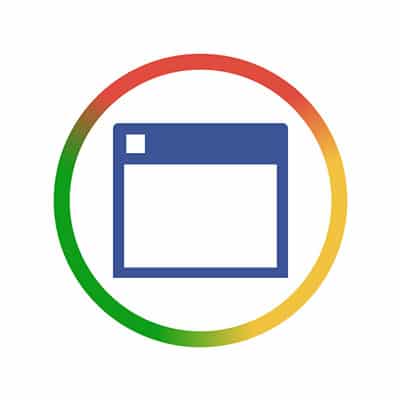
Chrome OS
If you were to really think about it, what application do you use most on your PC? Regardless of what you do with your machine, there is a very good chance that the answer would be your web browser. Google, understanding computing trends better than many other companies, decided to make a device operating system that functions a lot like their extraordinarily popular web browser.
From the user’s angle, Chrome OS is essentially a suped-up web browser, meaning that many of the applications that come equipped on the device are web-based, and therefore not accessible without an Internet connection. That’s not to say that Chrome OS doesn’t feature plenty of software that can be accessed offline, but to get the most out of the OS, like you would Windows, macOS, or any other OS you would use, you will want to be online.
ChromeOS’ primary delivery method is through the Chromebook, Google’s mobile hardware option. There are several different versions of the Chromebook from several of the top hardware manufacturers including HP, Samsung, Acer, ASUS, and Dell. A few manufacturers also offer what is called a Chromebox, which, as you may guess, is a PC that runs Chrome OS. There is also the Chromebase, which is a combination system that provides a display and chrome OS in one. There is also the Chromebit, which is a HDMI-connected dongle that can be used to deliver Chrome OS onto televisions and other monitors. The major benefit of these devices is that they offer an exceptionally easy-to-use interface with secure and fast Internet browsing.
Application Integration
One neat feature that many Chrome OS-run devices have is that they provide access to multiple sources of software. The Chrome Web Store is the browser-based store has many different options for software. Not only does it carry Chrome themes, it also has stand-alone software extensions that have been developed to help people solve all types of computing problems inside of their Chrome browser.
Additionally, many of the Chromebooks come with touchscreens. Many of these devices also have access to Google Play Store apps that are typically used on Android devices, while also supporting Linux-based software. This presents the Chromebook user with a substantial cache of applications in which to choose from.
Is Chrome OS Right for Your Business?
When trying to establish if Chrome OS is a good fit for your organization, you have to ask yourself three major questions.
- Does your staff utilize cloud-based software like Google’s G Suite for productivity?
- Do the local programs you use have cloud-based options?
- Is the cost reduction worth the limited enterprise software options?
If you answer yes to all three, Chrome OS-based computing may just be a huge benefit for your company. If your business is interested in being presented cost effective options for its computing, call the knowledgeable consultants at SRS Networks today at (831) 758-3636.
